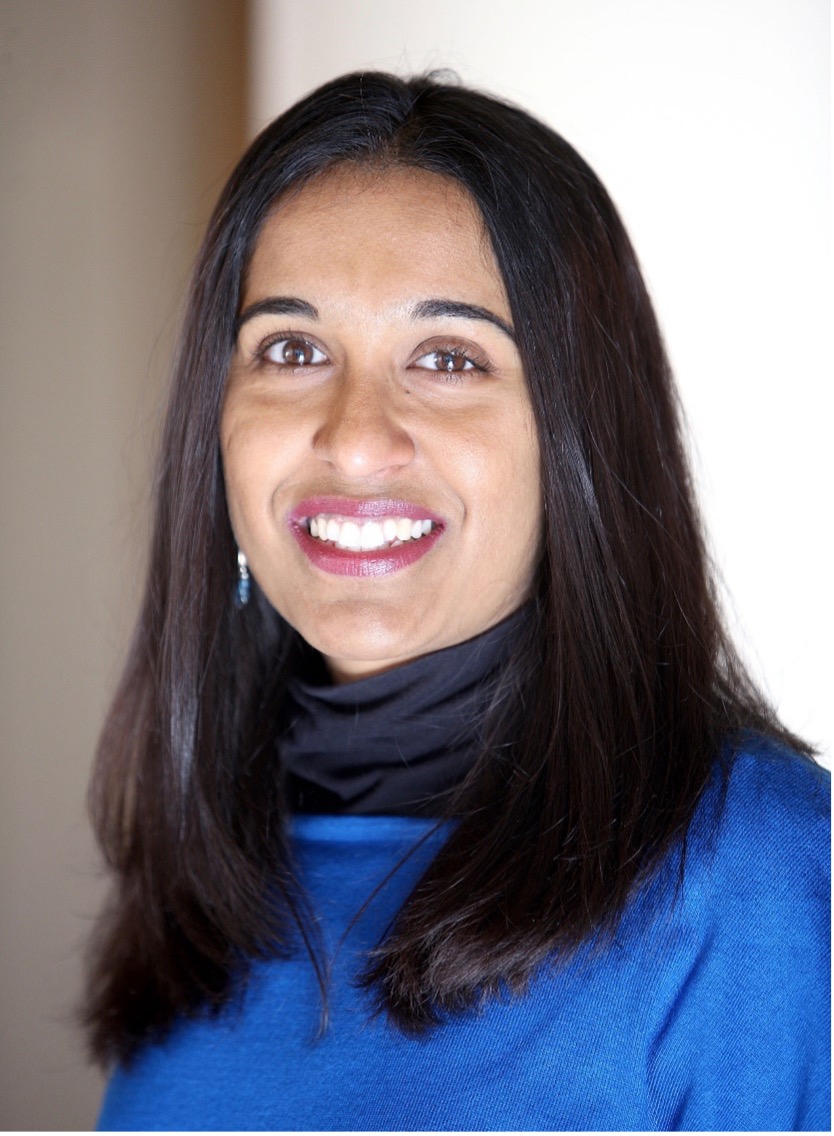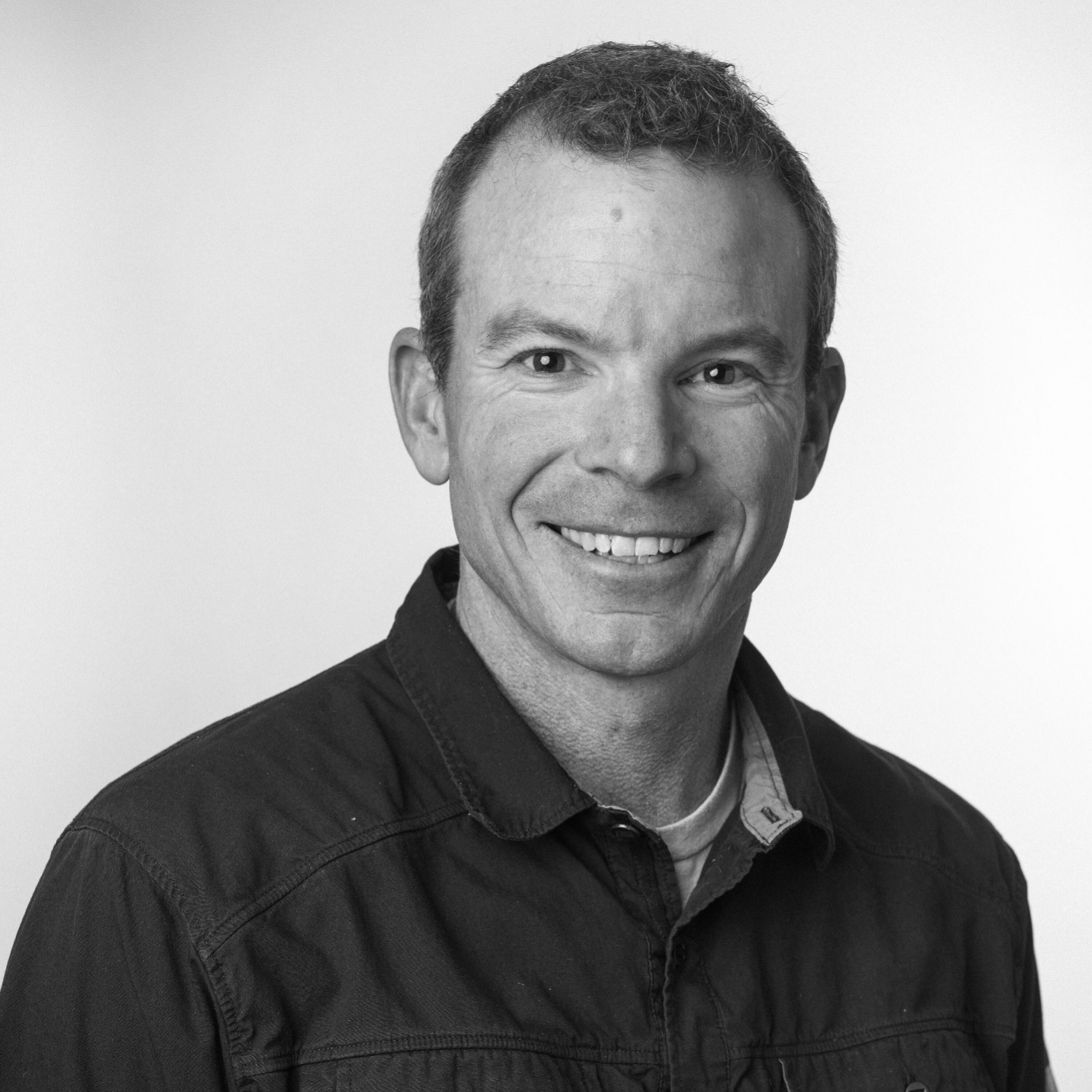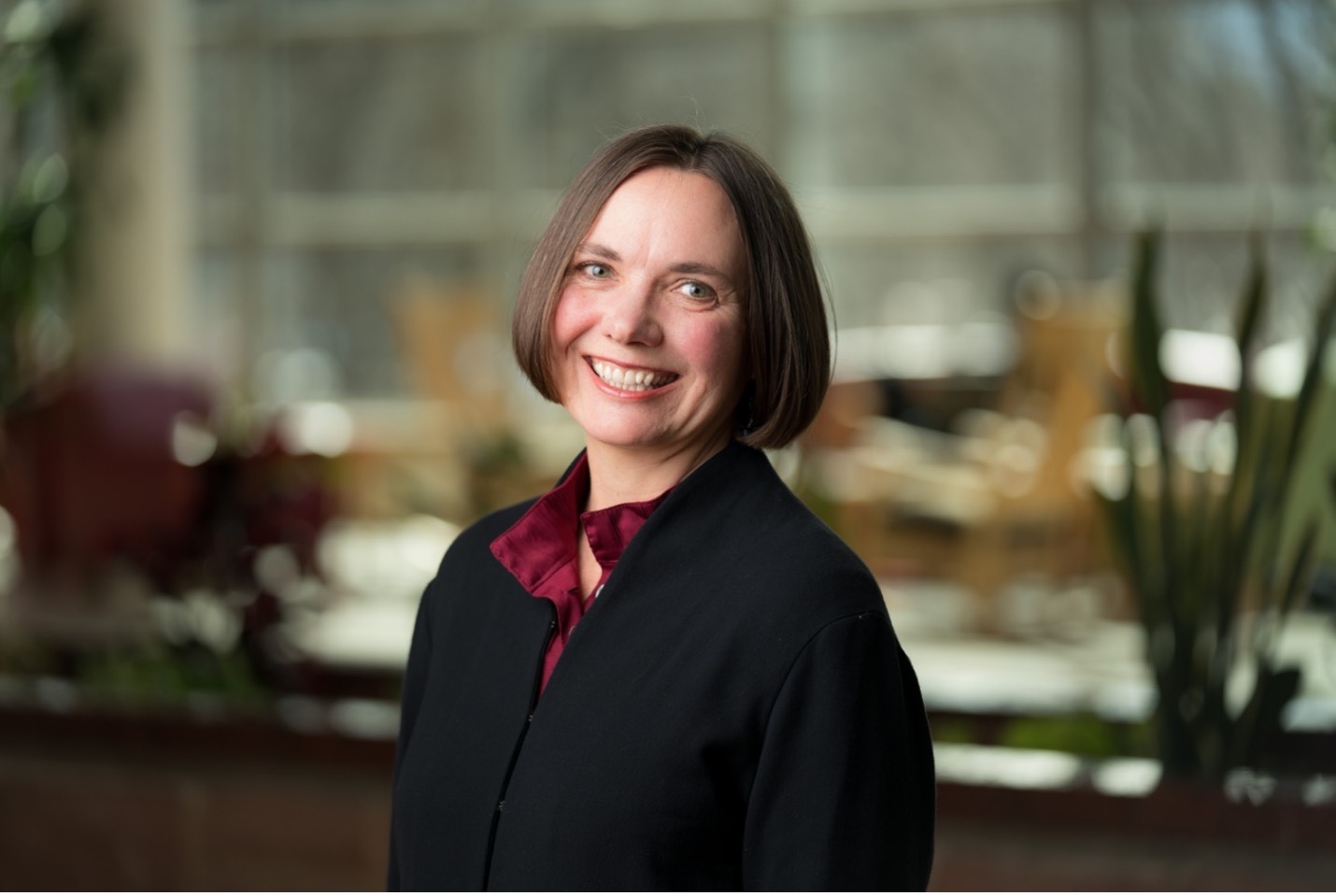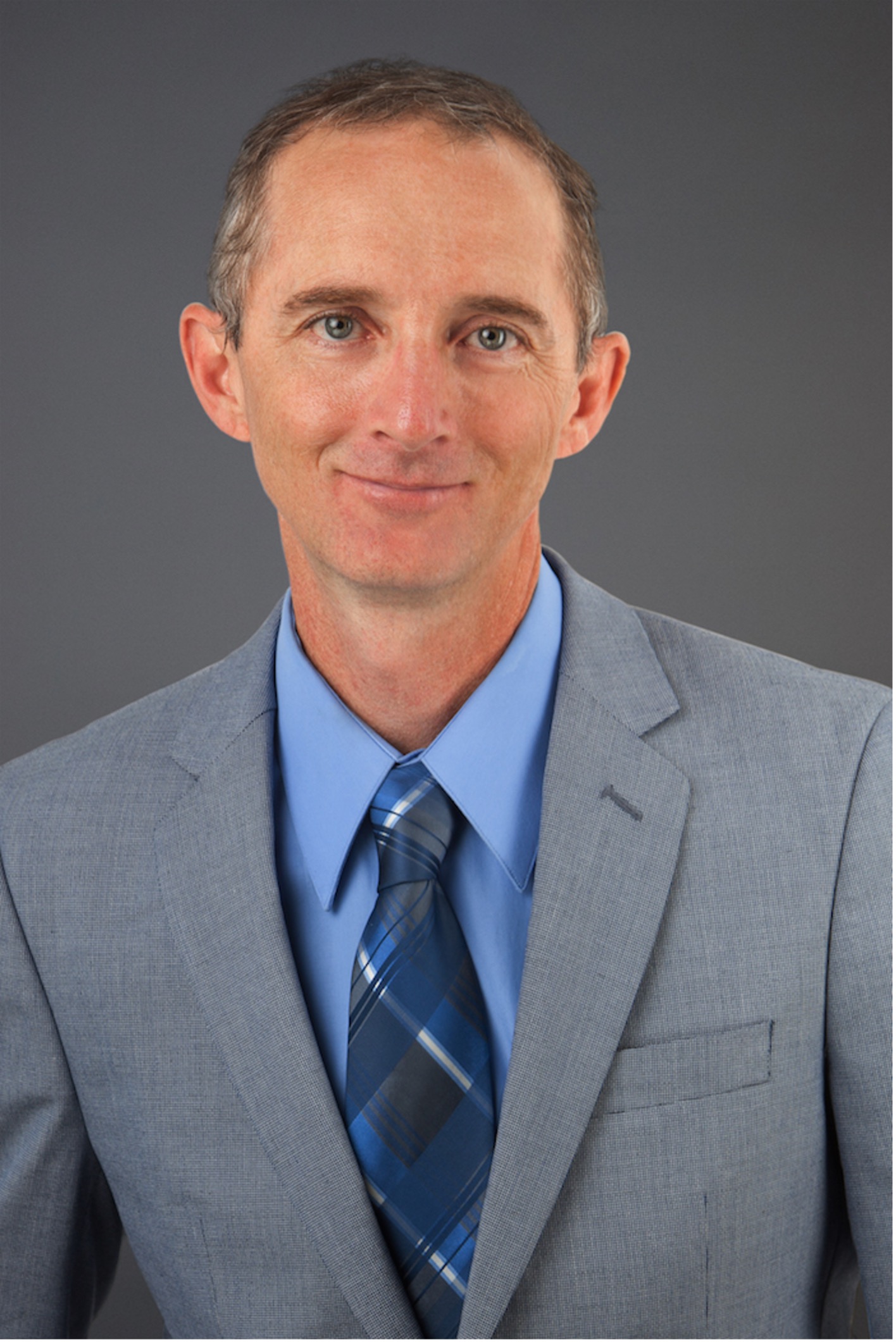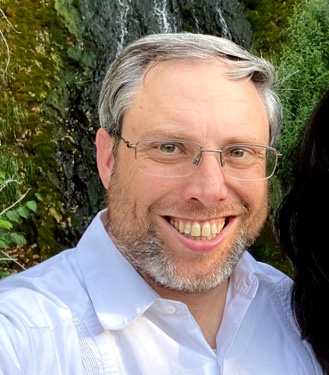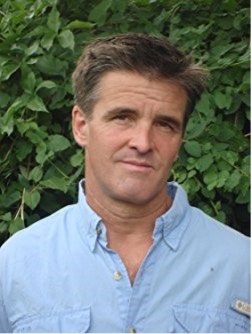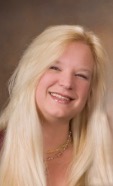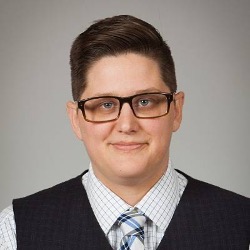Engage, Reflect, Connect
If you're a student in your first 60 credit hours at the University of Utah, our new seminar course, MUSE 1850, might be right for you. Some details:
Each unique section is taught by professors invested in your success.
Small-group learning
(15 students per section)
Credit/No Credit
No pressure of a letter grade
Emphasis on participation
Find community and meet new friends
Increase your sense of belonging on campus
Explore an interesting subject
Register for your Fall 2023 signature experience!
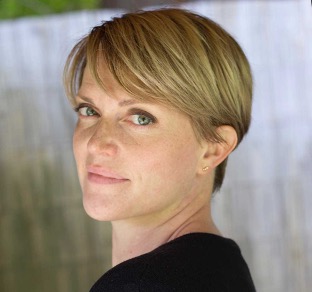
This seminar examines the Late Republican period of Roman history, which includes some of the most famous figures from the Roman world: Pompey the Great, Julius Caesar, Marc Antony, Cicero, Cleopatra, and Octavian/Augustus. The social turbulence and shifting political landscape of the Late Republic has become the subject of many modern retellings—one of the most recent being HBO’s television series Rome. We will consider the issues and concerns raised by ancient authors about the challenges people faced in the last decades of the Republic to those that are highlighted by modern filmmakers. We will also discuss the drawbacks and merits that modern entertainment plays in coloring contemporary perceptions of the Roman world. Do they help keep the Roman world relevant or do they relegate the struggles of ancient Romans simply to the realm of modern entertainment? In an end of the semester ‘film festival’, students will have an opportunity to premier a 5-minute video that they have created. These short films should either redo or add a scene to the television series that they feel will improve or challenge the narrative of the show.
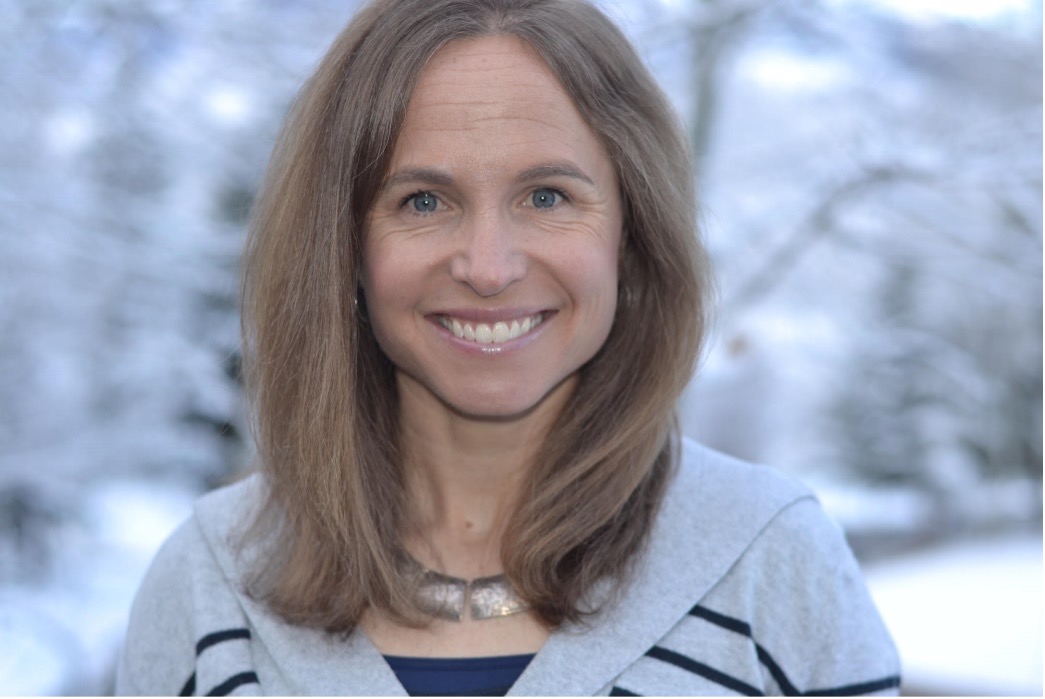 This one-credit course will explore dietary trends highlighted in mainstream media
and support the students’ abilities to discern evidence-based practices from enticing
but often unfounded nutrition practices. While the media has promoted popular health
fads for over one hundred years, social media has amplified these messages exponentially
in the past decade. This course will examine the allure of these dietary practices;
students will also understand the societal influences that generate the strong appeal
of food trends not experienced by many other cultures. Finally, by understanding our
societal relationship with food, students will begin to contemplate their approach
to eating and health-related behaviors.
This one-credit course will explore dietary trends highlighted in mainstream media
and support the students’ abilities to discern evidence-based practices from enticing
but often unfounded nutrition practices. While the media has promoted popular health
fads for over one hundred years, social media has amplified these messages exponentially
in the past decade. This course will examine the allure of these dietary practices;
students will also understand the societal influences that generate the strong appeal
of food trends not experienced by many other cultures. Finally, by understanding our
societal relationship with food, students will begin to contemplate their approach
to eating and health-related behaviors.
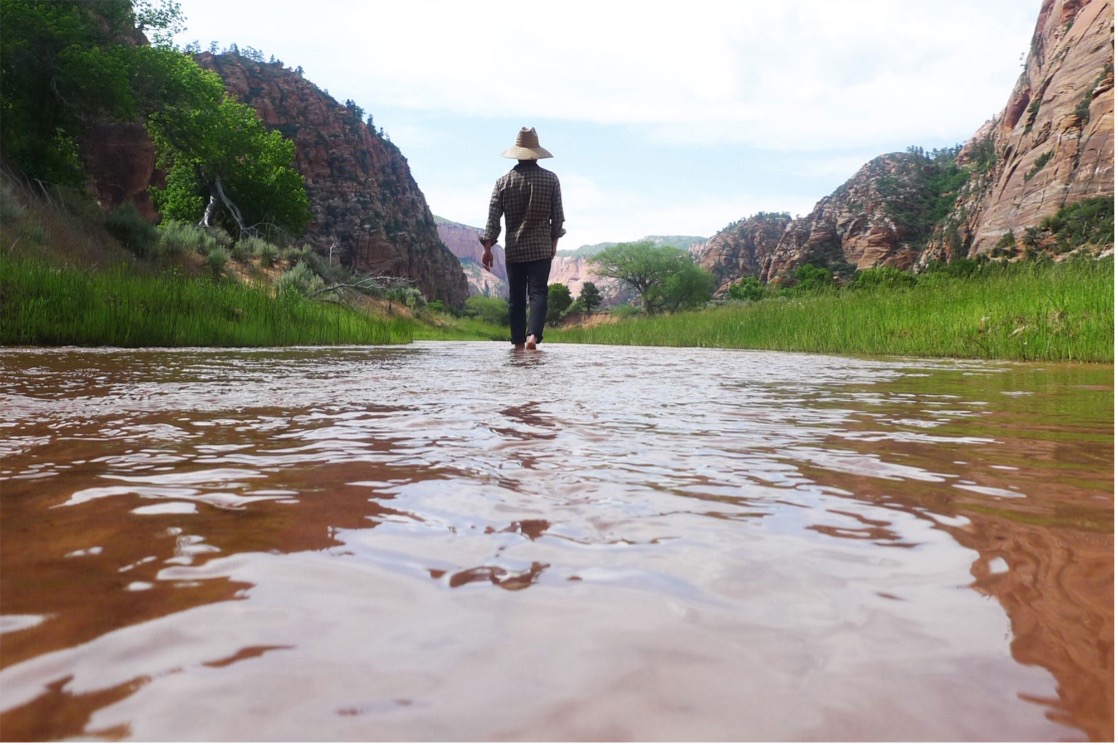
This course will teach students how to apply the participatory strategies used by contemporary artists to their scholastic experience. Asking not, “what is art, but when is art?” we will look at unconventional and dynamic artworks that rely on public involvement to complete the work. Sometimes referred to as “Socially Engaged Art” this is the practice of facilitating environments or scenarios that subvert the hierarchy of “artist” and “viewer” by inviting participants to share in the process of artistic production. Connecting theory to practice, we will test various methods for engaging with the broader campus community through simple yet poetic artistic interventions. Our aim is to discover new relational knowledge as we learn the language of socially engaged art through an experiential approach to art making and community exploration.
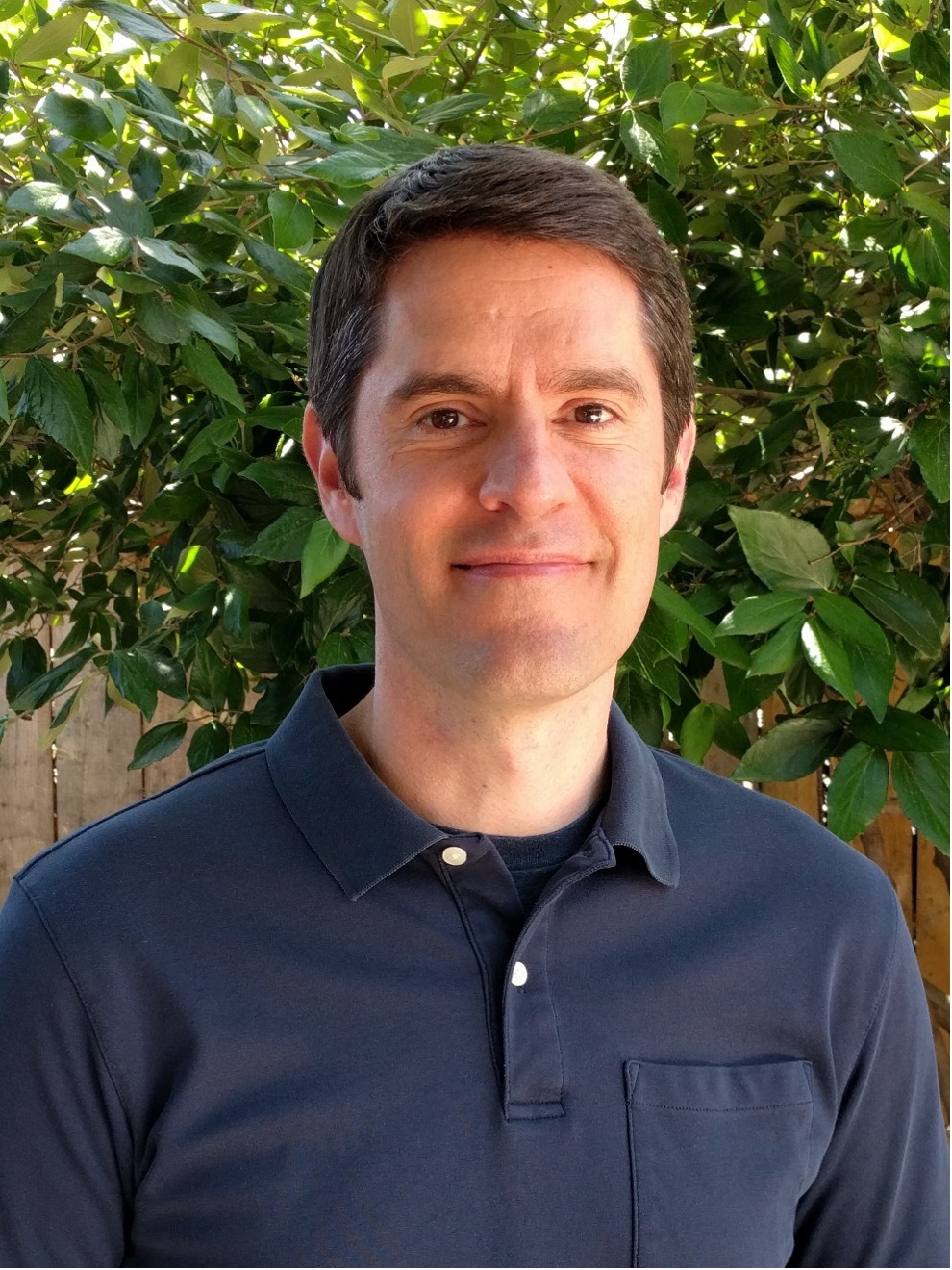 We hear a lot about “the media,” as though it is some singular entity out there in
the world, exerting control over nameless others. In fact, the media—in all their
diverse and rapidly changing forms—are a habitual and powerful force in each of our
lives. So it behooves us to think harder about how we use media, how media content
(mis)represents various aspects of life, and how media shape our experiences in ways
both large and small. This course examines these topics, pairing lessons from decades
of media research with each student’s own reflections and insights.
We hear a lot about “the media,” as though it is some singular entity out there in
the world, exerting control over nameless others. In fact, the media—in all their
diverse and rapidly changing forms—are a habitual and powerful force in each of our
lives. So it behooves us to think harder about how we use media, how media content
(mis)represents various aspects of life, and how media shape our experiences in ways
both large and small. This course examines these topics, pairing lessons from decades
of media research with each student’s own reflections and insights.
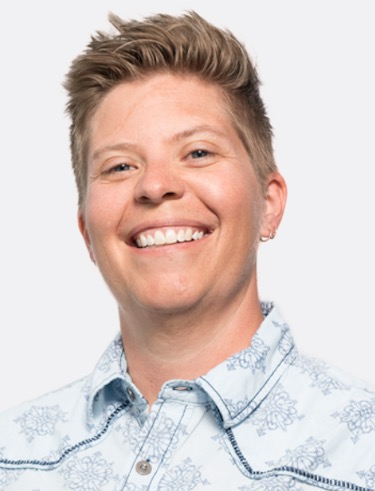 In this seminar we will explore what it means to belong as queer people. What does
it mean for us to belong in our bodies, in our communities, in our families, and in
our friend groups? What about in institutions such as history, media, healthcare,
and schools? But more than that, what does it even mean to belong, and how might we
queer (the verb) belonging in ways that just might open up more interesting, affirming,
dare I say euphoric, possibilities for belonging? We will spend our time together
intentionally building and nurturing space(s) for our own queer belonging and interrogating
what this means for us. We will draw from various queer "texts" ranging from young
adult fiction, to film, to art, to music, to historical accounts, to academic research
to critically analyze the ways the possibilities for belonging have been structured
and presented to us, so that we can make more informed choices about our own attempts
at queer belonging. Finally, it is essential to know that this won't work unless we
are attentive to the multiplicities of our identities so an emphasis on race, class,
gender, ability, age, citizenship, and religion will run through the entire semester.
In this seminar we will explore what it means to belong as queer people. What does
it mean for us to belong in our bodies, in our communities, in our families, and in
our friend groups? What about in institutions such as history, media, healthcare,
and schools? But more than that, what does it even mean to belong, and how might we
queer (the verb) belonging in ways that just might open up more interesting, affirming,
dare I say euphoric, possibilities for belonging? We will spend our time together
intentionally building and nurturing space(s) for our own queer belonging and interrogating
what this means for us. We will draw from various queer "texts" ranging from young
adult fiction, to film, to art, to music, to historical accounts, to academic research
to critically analyze the ways the possibilities for belonging have been structured
and presented to us, so that we can make more informed choices about our own attempts
at queer belonging. Finally, it is essential to know that this won't work unless we
are attentive to the multiplicities of our identities so an emphasis on race, class,
gender, ability, age, citizenship, and religion will run through the entire semester.

This seminar will study "petro" or "oil culture" through a focus on selected fiction and nonfiction and visual culture (cinema; photography) texts that illustrate how--in the 150 years since the advent of the petroleum industry--petrocapitalism is as much a cultural phenomenon as it is an economic necessity, political force, and environmental concern. Broadly conceived, petroculture encompasses or indexes: the emergence of corporate capitalism on both national and transnational scales; the triumph of automobile or car culture and, as a consequence, the transformation of the nation's transportation system and urban design (think freeways and commercial/residential sprawl); the predominance of “plastic” and “vinyl” products in everyday life; and apocalyptic anxieties associated with both ecological disasters/toxic environments and a dystopian post-petrocapitalism futures. Key texts for this course will be Richard Misrach and Kate Orff’s *Petrochemical America* and such movies as The Wages of Fear (1953), Safe (1995), Blue Vinyl (2005), Dark Waters (2019).
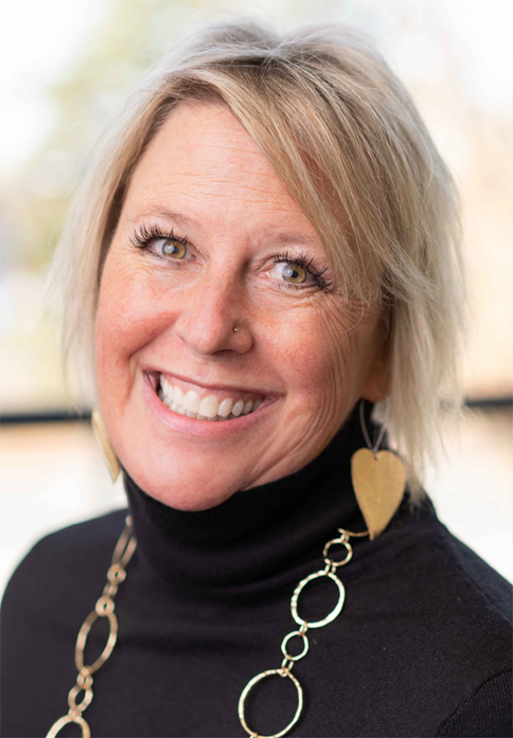
In a world with so many diverse people, systems, and perspectives, disagreement and conflict are inevitable. While these can be uncomfortable, they don’t have to be a “bad” thing. Learning how to thoughtfully engage in difficult conversations is a skill that will serve you in all facets of life – personal and professional. In this seminar, we will unpack what actually makes conversations difficult or topics taboo (including the role of the media), engage in self-awareness/authenticity activities, and experiment with different tactics for navigating hard conversations. This seminar will be highly interactive, so please come willing to participate!
register
This course will explore the impact of infectious microbial diseases on human behavior, society, politics, and health. Using scientific, philosophical, and historic perspectives, students in the course will examine the cause and effect of infectious diseases and develop an understanding of how diseases have impacted or been affected by migration, climate change, vaccines, research, diagnostics, politics, and behavior. Each week students will discuss a disease that has significantly shaped human life to understand how humans have dealt with past epidemics and how that has caused social, ethical, and political disruptions and lead to changes in lifestyle and public health measures. Students will also examine attempts to identify and control sources of infections and the measures needed to ensure that past mistakes are not repeated for similar situations in the future
register
This course traces the physiographic journey taken by a droplet of water from when it lands as snow high in the Central Wasatch Mountains, becomes part of the meltwater and watershed, joins the Jordan River, and then, perhaps, flows into the Great Salt Lake. Along that journey, students will gain an understanding of how local water is utilized, including sustaining wildlife, providing drinking water, providing recreational opportunities, its role in both industry and the Utah identity, and what the implications are for a shrinking Great Salt Lake. In addition, both the role of water in desert ecosystems and how access to fresh water is becoming less democratized as it grows more scarce
register
In this one-credit seminar, first-year students will explore how to recreate some of our “lost connections.” Through critical engagement with media, our physical environment, and our relationships, students will examine three different connections under threat in the 21st century: place, community, and attention. Through scholarly articles, short videos, and experiential learning, students will consider how these lost connections have impacted their understanding of the world, and their experiences in it. Most importantly, students will actively consider how they might forge new connections that spark resiliency, curiosity, and empathy.
register
Søren Kierkegaard wrote “to venture causes anxiety, but not to venture is to lose one’s self [. . .] and to venture in the highest is precisely to be conscious of one’s self.” In pursuit of self-knowledge and knowledge of the world, this course will investigate the practice of adventure as it plays out on raging rivers and high mountains as well as in the boardroom and the classroom. Readings, film, and case studies will inform our intellectual journey as we consider what it means to engage risk—as many effective leaders do—by courting adventure in strategic and creative ways. Along the way, we will also study how leaders manage the crises that emerge as the adventure of life unfolds.
register
One of the few things that the majority of Americans have in common is that they spend most of their childhood and adolescence in schools. Despite the fact that the United States ranks in the top five nations in the world for per pupil spending, American educational systems are widely criticized in media and politics. In this seminar we will delve into American educational discourse, including both recent state and national policies (e.g. school choice/vouchers, book/curriculum bans, standardized testing) and pop culture portrayals (e.g. Abbot Elementary, The Magic School Bus, Captain Underpants, Harry Potter—yes, I know he’s British, but the movies are very much American). Our goal will be to interrogate the values and purposes underlying education and schooling in the United States in order to better understand our own experiences with and attitudes toward schooling.
register
This course invites students to engage in the critical exploration and discussion of some of the most vexing, important, and controversial issues of our time, both in an attempt to better understand the issues themselves as well as the implications/limitations of their views about them. We will consider a number of live issues in higher education, including those pertaining to social justice, climate change, and our place within, treatment of, and relationships with nature and the nonhuman world. Each week will be dedicated to the discussion of a critical essay related to one of the above areas. This course prioritizes open inquiry, critical thinking, truth seeking, civil dialog, and deliberation.
register
Food is never just food; it is inevitably relational, symbolic, and cultural. This makes it a form of communication, and this course will explore how food both reflects and produces cultures and their inhabitants. In particular, this course will engage food’s role in relation to concepts of identity—how the foods we eat (or don’t eat) organize us relative to, for instance, nature, status, community, nation, morality, and “authenticity”; politics—how food choices and practices symbolically and materially impact our world via economies of production, consumption, and environment; and media—how mediated representations of food, across packaging, advertising, film, television, “foodie culture,” and social media reveal who we are, what we fear, and what we want.
register
This seminar will help students understand the difference between factual evidence,
fictionalization and pure wish fulfilment. Students will examine and critically discuss
representations of Arthur in a variety of genres and media (including film, art, literary
texts and historical documents), and from the early Middle Ages to contemporary examples.
We will probe the origins of the Arthur myth and the almost negligible evidence for
his historical existence, juxtaposing the way stories about him are elaborated and
amplified over time against archaeological investigation of some of the sites he is
associated with. We will consider what it is about Arthur that makes him so enduringly
popular in the cultural imaginary, and students will learn to situate different manifestations
of Arthur within their cultural and ideological context, attending to the political
uses that a myth like Arthur can be put (e.g. Kennedy’s administration as ‘Camelot’),
as well as its more obvious function as entertainment and escapism. Students will
be shown how to set up news alerts on terms such as ‘King Arthur’ and ‘Camelot’, and
we will incorporate discussion of contemporary, ‘real-time’ occurrences of the Arthur
myth into our seminar.
register
What does the popularity of the Marvel Cinematic Universe say about US culture today? Are our heroes so different from the ancient Egyptians, the classic Greeks, or the medieval Church? Has the Hero with a Thousand Faces really stayed the same for three thousand years? Let’s find out! In this course, we will study some of the most beloved hero myths of all time, draw connections between them, and examine the heroes of a new generation in film, art, and narrative. We will explore the heroes we want to become and compose an autobiographical hero’s journey of our own in zines and book art, coming to understand the deep connections between our literary and artistic heritage and the intersectional individuals we are today.
register
This course explores the rhetorical power that students have to transform their universities and the world around them. What is student activism, and what makes it effective? How do activists respond to calls for civility? How do activists build coalitions, and what other practices make engaging in activism sustainable? We will look for answers to these questions by studying both historical and contemporary student movements. We’ll examine movements rooted in transformation and liberation as well as those which seek to preserve existing norms. We’ll also explore the limits of student activism, especially where it meets resistance and co-optation.
register

